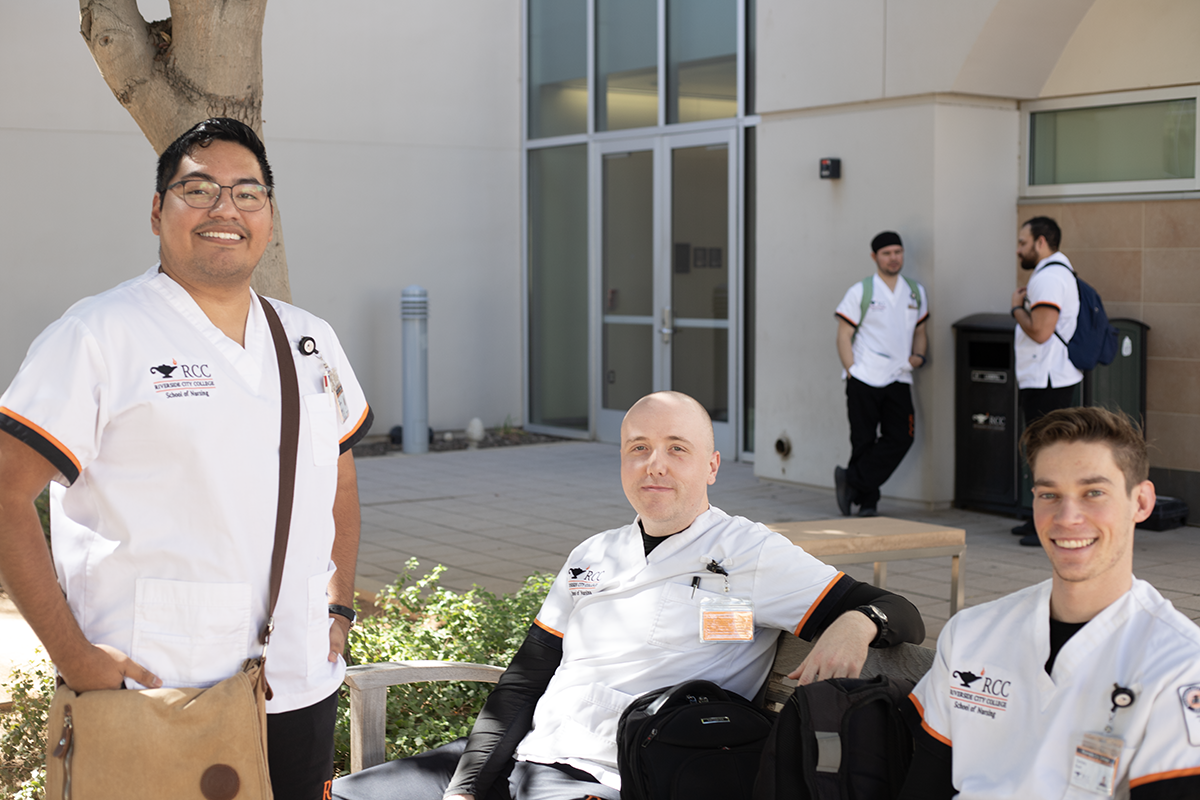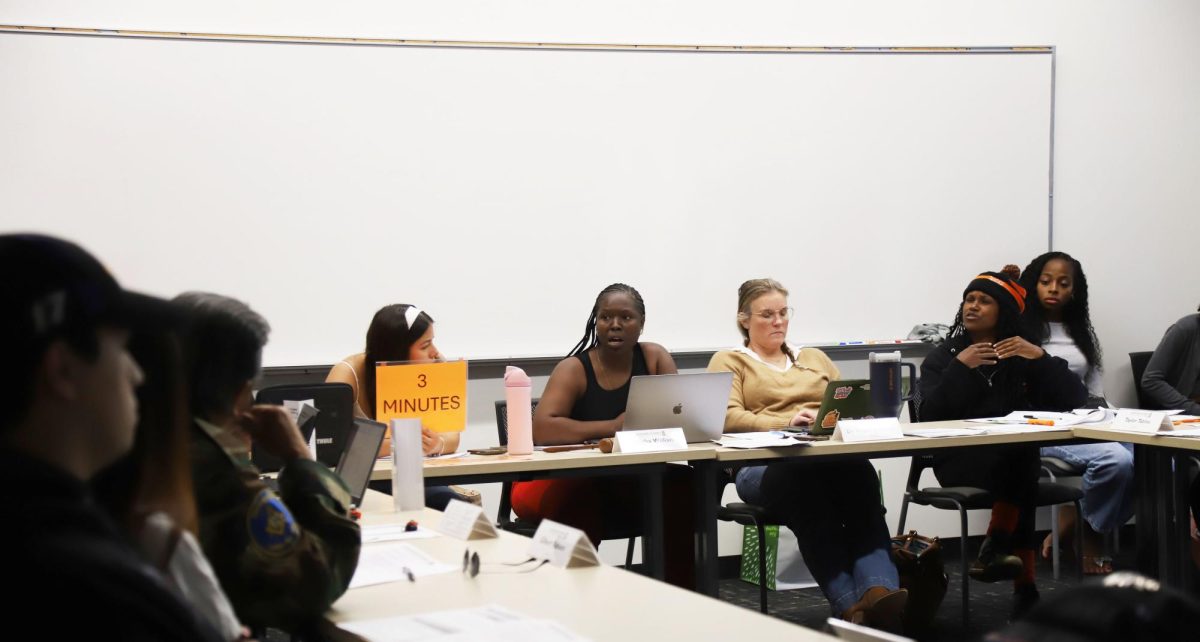By Karissa Rivera / Staff Writer
By Karissa Rivera / Staff Writer
If paying student service fees weren’t already enough on Riverside City College students, budget cuts also took a toll toward statistically helpful programs offered at RCC.
One of the programs that has seemed to be affected that is useful to students is federal work study.
Work study is federally funded by the Department of Education to help the students with financial need by offering them assistance with part time employment while they attend college.
“With work study, we have an allocation we get from the Federal Department of Education every year with a set amount based on their own calculation,” said Elizabeth Hilton, student Financial Services Director. “We took budget cuts and we split into three colleges, so were not a district anymore, we had to get looked at as our own individual college so our allocation decreased quite a bit.”
RCC splitting of the three colleges was supposed to help to bring additional funding for each of the campus. Instead of additional funding, RCC is losing funding now more than ever for these programs that benefit students.
There was no work study offered this year in order to open up more jobs for other departments, according to Hilton.
A request was set out for 2013 already with a large increase, according to Hilton.
“We can only keep our fingers crossed,” she said.
Student employment, or student workforce overall has been affected by budget cuts.
“A lot of it has to due to the fact that we are three separate colleges,” said Michael Wright, director of student workforce grants and contracts. “Funding for the district didn’t change much, but how they allocated it between the three colleges changed significantly, so Riverside was impacted more than the others.”
RCC used to have a choice of how they allocated their money, and based it on number of students and demographics. Now the district assigned a specific dollar amount, according to Heather Yates, Student Employment Personnel Specialist.
“The other two colleges actually got more money than last year, and we got less,” Yates said.
Another program that has been offered here and is very known throughout different colleges, has also got struck by the budget cut crisis.
Supplemental Instruction is a program targeting difficult academic courses that have high rates of D and F grades. Supplemental instruction was started in 1973 at the University of Missouri Kansas City.
The supplemental instruction program has a group of leaders who have taken the course and passed it with an A, and has had teacher recommendation, according to Adriana Curiel, former supplemental instruction leader.
The leaders work with students in class and outside of class, they help bridge the gap of learning between student and professor.
90 percent of RCC supplemental instruction leaders since the beginning of the fall semester have been willingly volunteering, since budget cuts affected their pay.
A couple days before the fall semester began, the leaders were pulled together and notified on the situation and told funding was still being waited on, according to Supplemental Instruction Coordinator, Rebecca Moonstone.
All 19 of the leaders willingly volunteered to stick around and continue doing their jobs without pay.
“Our hopes were that funding would come, and we knew that it may not, because the budget crisis is that severe,” Harold Roberts said current supplemental instruction leader. “We were aware of that when we decided to volunteer, that we would be committed for the entire semester regardless of the outcome.”
The program is grant funded, when the state budget was delayed, it hurt the program leaving the leaders without pay.
Good news soon came when at a recent in service the leaders were finally told they would be funded by being able to work through student employment, according to Moonstone.
“We are truly committed, we know the program is completely valuable, very relevant and should not be ignored at any cost,” Roberts said.






